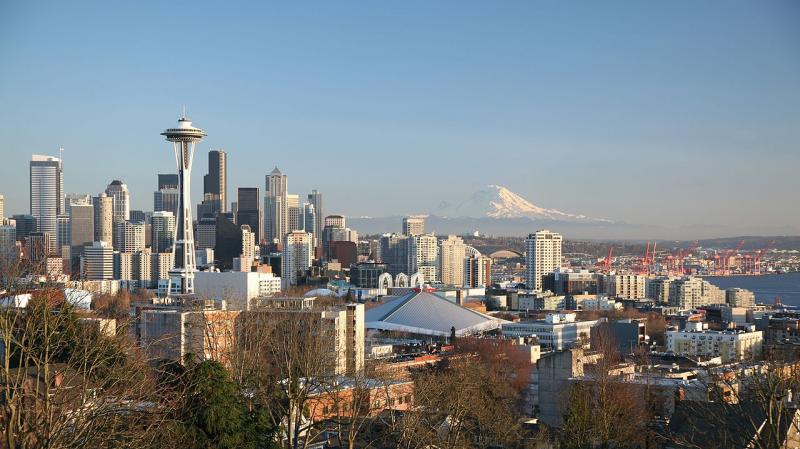
Seattle legislators have done everything in their power to make their city the poster child of American socialist utopias. They adopted a massive soda tax last winter, raised the local minimum wage to 15 dollars an hour (the negative impact of which has been well documented), and just months ago passed a $275 head tax on big businesses. In other words, its leaders have made a concerted effort to undermine all that’s enabled Seattle to grow more quickly than almost any other American city.
It seems, however, that this anti-growth agenda has finally met some much-needed resistance. Just two months after unanimously passing the head tax, the city council repealed it (7-2) when Amazon threatened to take its business elsewhere. The decision came a mere two months later than it should have.
To understand the importance of this overturn, some context as to the outrageousness of the law is necessary.
Seattle voted to raise its minimum wage to $15 per hour in 2014 presumably with the intent of raising wages for its workers. Therefore, it may come as a surprise that the cited cause for imposing a head tax just four years later was to address rising wages as a problem facing the city. Because companies like Amazon, who employs 40,000 Seattle residents, decided to offer their workers more, lawmakers blamed their wage increases for rising housing prices and a shortage of affordable options. In response, they levied a tax costing Seattle’s biggest employers $47 million annually with the collected revenue to be aimed toward subsidized housing.
Amazon, usually not hesitant to cow-tow to liberal demands, was quick to point out that the city had already greatly increased its spending on affordable housing, having no marked impact on homelessness. The company exposed local lawmakers, reminding them that Seattle spending “far outpaces the Seattle population increase over the same time period. The city does not have a revenue problem — it has a spending efficiency problem.” Starbucks also chimed in, denouncing local government for continuing to “spend without reforming and fail without accountability…”
The city council thankfully heeded the warnings issued by its largest businesses. It avoided a massive growth slowdown and job flight because evidently even it understands that Seattle’s true success has stemmed from private sector growth, not the “Fight For 15” or any other government gimmick.
In the future, however, common sense legislation should not require fight or flight standoffs between Seattle and its businesses. Politicians should not say to companies, as ATR President Grover Norquist put it, “If you bring jobs to Seattle, the tax and spenders in the city will tax them. A little now. More later. Better to invest in a different city, perhaps a different state.” City leaders should take a different route. They should realize that alleviating homelessness comes not from punishing job growth, but from unleashing growth and the prosperity it brings.

